Political turmoil in Hong Kong started several months ago. This happened at a time when the global economy was slowing down. Another reason is the ongoing trade war between the U.S. and China. These two reasons created problems for the stock markets and the global economy in general.
The trade war affected the stock markets in U.S. Asia and other parts of the world. The ongoing dispute is a big problem for the stock markets.
The latest round of tariffs started at the end of the last week. The U.S. imposed tariffs on Chinese products worth $300 billion. China responded with tariffs on about $75 billion worth of U.S. products.
On September 5, China’s Commerce Ministry made an announcement regarding the trade talks China’s Vice Premier, and chief trade negotiator Liu He spoke with the U.S. representatives. The next meeting will take place in Washington D.C. in October. The exact date of the meeting remains unknown.
Asian Stocks on Thursday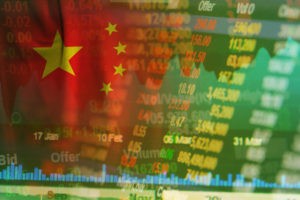
Asian stock markets reacted to the positive news connected with the trade war. Japan’s Nikkei 225 rose by 2.3%. South Korean Kospi index, rose by 1%.
The Nikkei Asia 300 index rose by 0.74% and was close to 1,251.48.
Chinese stocks also benefited from this situation. The Shanghai Composite Index rose 2% and surpassed 3,000 points. This happened for the first time in two months.
China Construction Bank’s shares increased by 1.7%. The Industrial & Commercial Bank of China’s share increased by 1.4%. This happened on the Hong Kong Stock Exchange.
Unfortunately, several Asian companies are still in a tough position. The flag carrier of Hong Kong Cathay Pacific Airways is one of them. On Wednesday Cathay Pacific announced that Chairman John Slosar is going to retire. Three weeks ago the CEO Rupert Hogg resigned. Cathay Pacific’s shares fell by 3.6% on September 5.

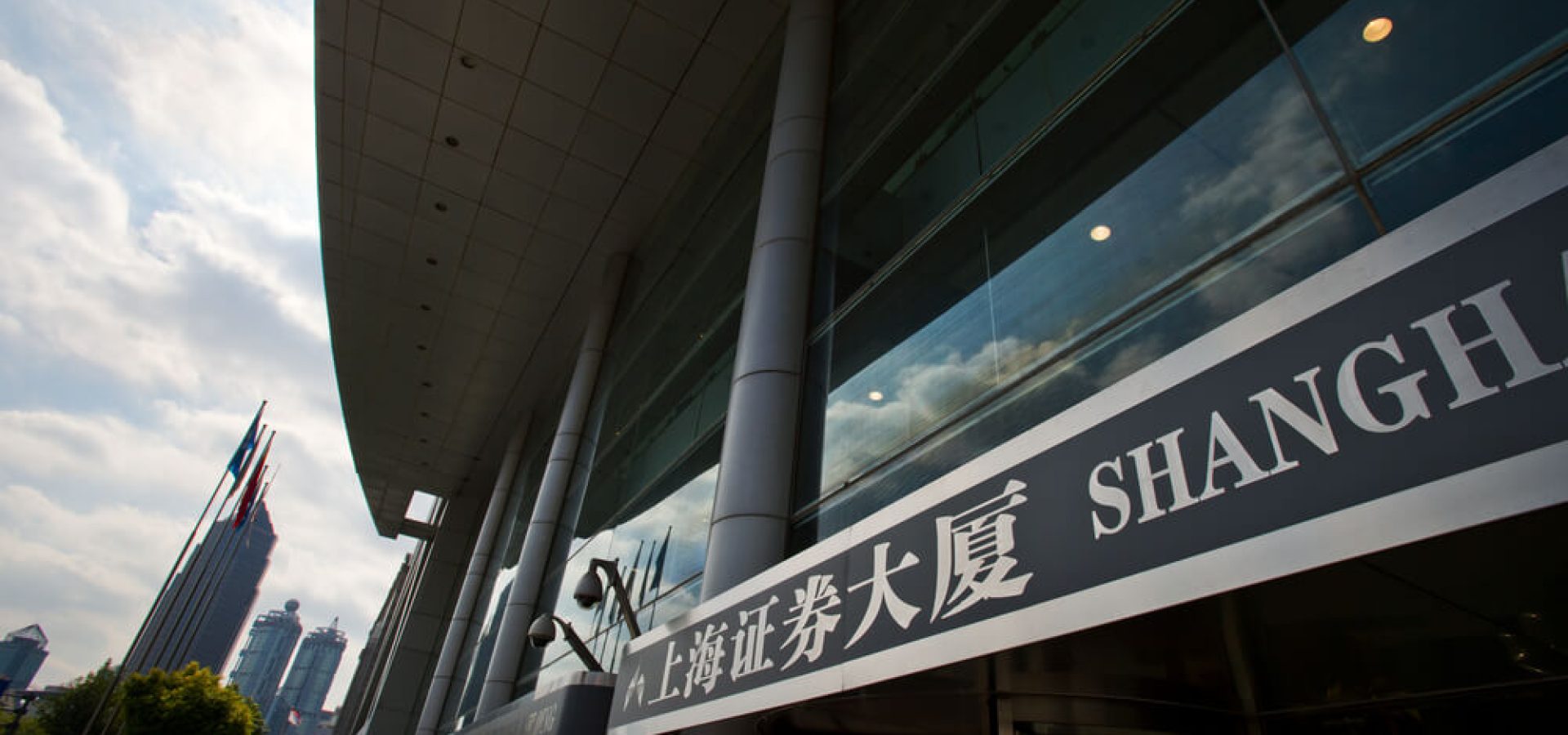
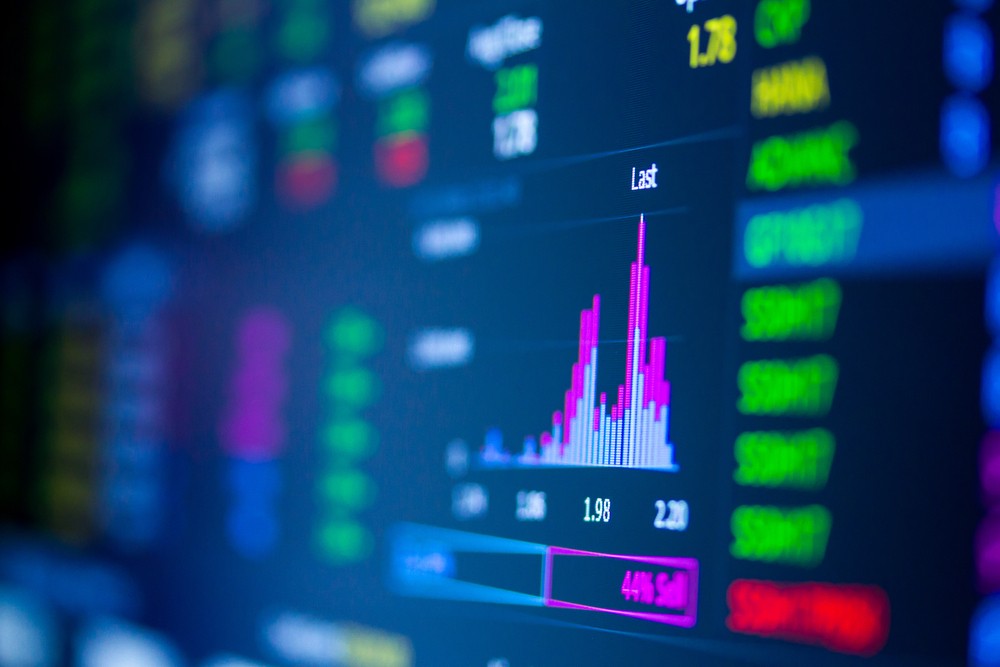
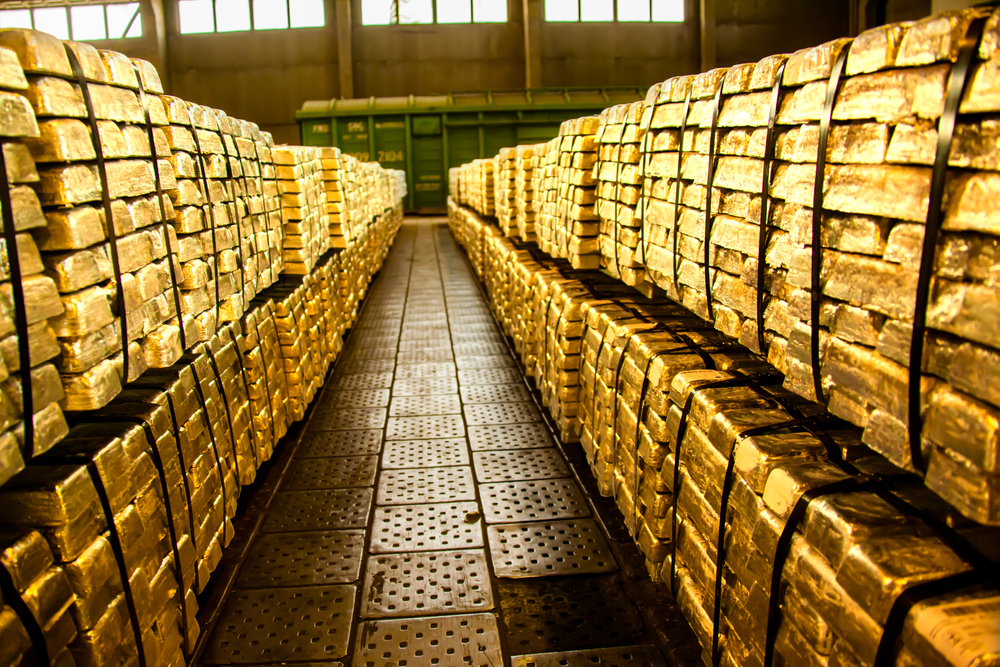
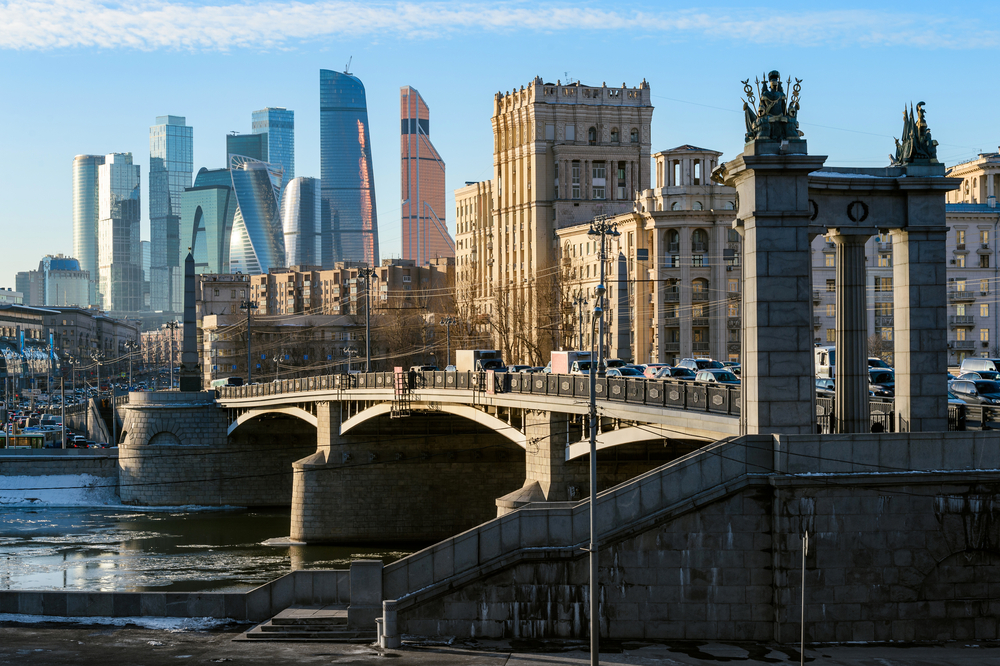




COMMENTS